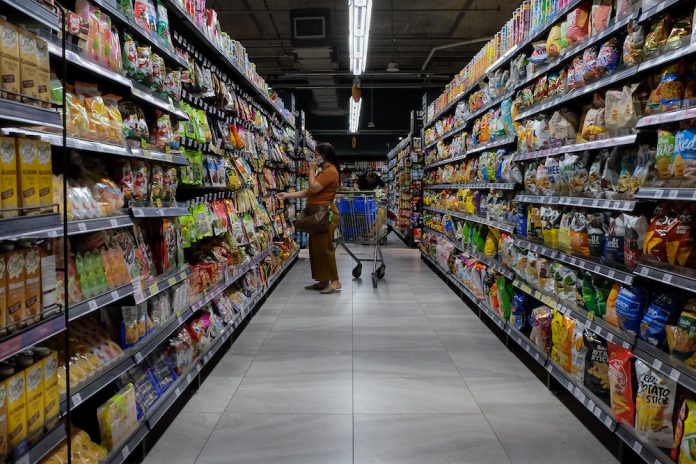
Subscribe to our Telegram channel for the latest updates on news you need to know.
KUALA LUMPUR, Feb 16 — Policymakers will likely keep a closer eye on inflation and jobs data in the coming months, as they look for warning signs of “stagflation” as soaring Covid-19 cases spark fears that recovery could drag on with inflation rising amid relatively high unemployment.
Rising global food prices and a rebound in the oil market have fuelled expectations of stronger inflationary pressure at home at a time when more people are out of work and have less income to spend, while economic recovery is likely to be delayed by hiccups in vaccine rollout.
Economists feel key indicators up to this point of the pandemic point to a small possibility that it would happen. But the drastic turnaround in the oil market, coupled with factors unique to the pandemic, have made some cautious about dismissing it outright.
Datuk Zakariah Abdul Rashid, executive director of the Malaysian Institute of Economic Research, predicted inflation would pick up once the RM300 billion aid and federal Budget take effect later this year, but said the risk of stagflation arises only if global trade remains weak.
“Inflation, including that of food, isn’t an issue right now as we’re in the period of prolonged deflation.
“It may be a little worrying perhaps later this year if economic recovery happens and expansionary policies, monetary and fiscal, take effect. I’m sure we’ll take the necessary measures to contain it,” he added.
.jpg)
Unemployment rose to 4 per cent in December, 2020, after declining in the first few months of the third quarter when most economic sectors were allowed to resume.
The rate is expected to climb for January and this month after the country went into another partial lockdown. Some economists estimate the number of out-of-job workers would be higher if accounting for the informal sectors.
As more lost jobs, food prices rose for six consecutive months last year even as the consumer price index stayed low throughout 2020 owing to cheap oil and weak consumer spending on non-essential goods and services.
Food and non-alcoholic beverages, accounting for close to a third of CPI weight, rose 1.4 per cent year-on-year in December last year. The official CPI contracted at the same rate.
Oil price movements, often having a direct impact on the index, which have caused concerns that food would be more expensive as crude prices appear on course for a sharp rebound.
But other factors could still weigh in on the rally to keep prices stable, Zakariah noted.
“Inflation depends on movement of the price of crude oil. However, global economic conditions currently are rather uncertain, which depends on whether vaccination can significantly open the economy,” he said.
“The emergence of Covid variants blurred the possibility of opening the economy thus making the situation uncertain.”
.JPG)
Julia Goh, senior analyst with UOB, said rising global oil and food prices could pose problems for policymakers attempting to balance growth with low interest rates and keep inflation controlled, but predicted underlying inflation to remain weak given subdued demand.
“It will be a challenge for policymakers and markets who will start to price in on upside risks to inflation and interest rates especially in the medium-longer term i.e. more than a year,” she told Malay Mail.
“But the official guidance is that so long as economic recovery remains uneven and uncertain, with lingering downside risks, policy support continues.”
Putrajaya has kept its 2021 growth estimates between 6.5 and 7.5 per cent citing strong recovery in exports and a rebound in private consumption, even as it expects movement curbs in the first two months of this year to weigh on growth.
Goh said the country’s continued growth discounts any possibility of stagflation.
“Need to be careful when using the term ‘stagflation’ — refers to stagnant growth, high inflation and high unemployment,” she said.
“Government continues to project 6.5-7.5 per cent of GDP growth in 2021 versus a -5.5 per cent contraction in 2020; hence, it does not qualify as stagnant growth.”


